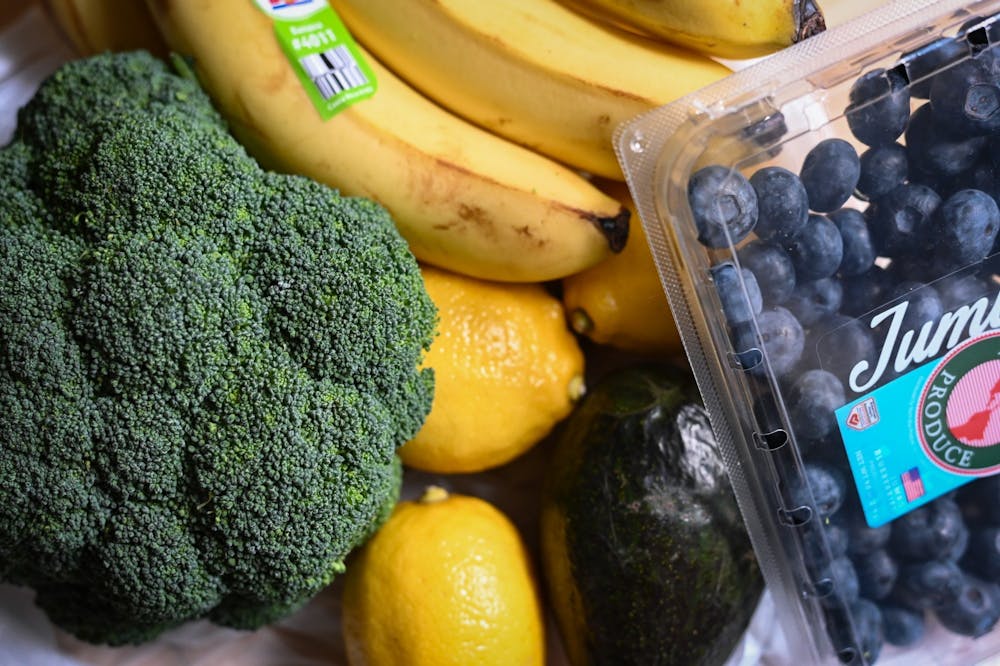
Supplemental Nutrition Assistance Program participation was linked to lower rates of diabetes in a recent study by Penn researchers.
Food insecurity, affecting an estimated one in nine Americans, refers to the lack of consistent access to enough food and has been tied to cardiovascular risk factors like diabetes. SNAP is the federal government's largest food assistance program, combating food insecurity through providing food assistance to eligible low-income individuals. According to the U.S. Department of Agriculture, SNAP helps to feed more than 42 million Americans every month.
During the COVID-19 pandemic, SNAP was crucial to combating food insecurity, the Leonard Davis Institute of Helath Economics reported. Approximately 40 million low-income individuals received SNAP benefits in 2020, a 5 million person increase from the previous year.
The LDI study, published in Diabetes Care, investigated the relationship between state-level SNAP policies and county-level diabetes prevalence, LDI reported. Given that low-income individuals are more likely to be SNAP recipients and have a higher risk of developing diabetes, researchers evaluated counties based on the SNAP policy index, a measure of how state policies support access to SNAP through different eligibility criteria, how often participants are required to show proof of income, and other factors.
Penn researchers found that counties with policies aimed at increasing participation in SNAP had slower growth in diabetes prevalence rates between 2004 and 2014, LDI reported.
The study’s key takeaway is that states should reduce barriers for people to access SNAP, as greater participation in SNAP can have important downstream effects on community health outcomes, LDI reported.
In August 2021, The U.S. Department of Agriculture announced plans to increase the average SNAP benefit after a USDA reevaluation found the cost of a nutritious diet to be 21% higher than the previous plan provided.
“Too many of our fellow Americans struggle to afford healthy meals. The revised plan is one step toward getting them the support they need to feed their families,” Stacy Dean, deputy undersecretary for food, nutrition and consumer services said in a statement released by the USDA.
The Daily Pennsylvanian is an independent, student-run newspaper. Please consider making a donation to support the coverage that shapes the University. Your generosity ensures a future of strong journalism at Penn.
Donate







